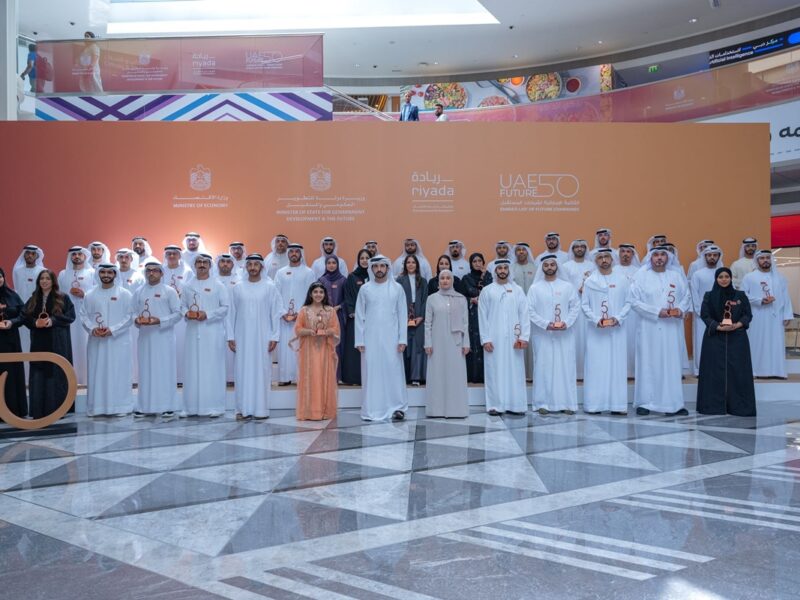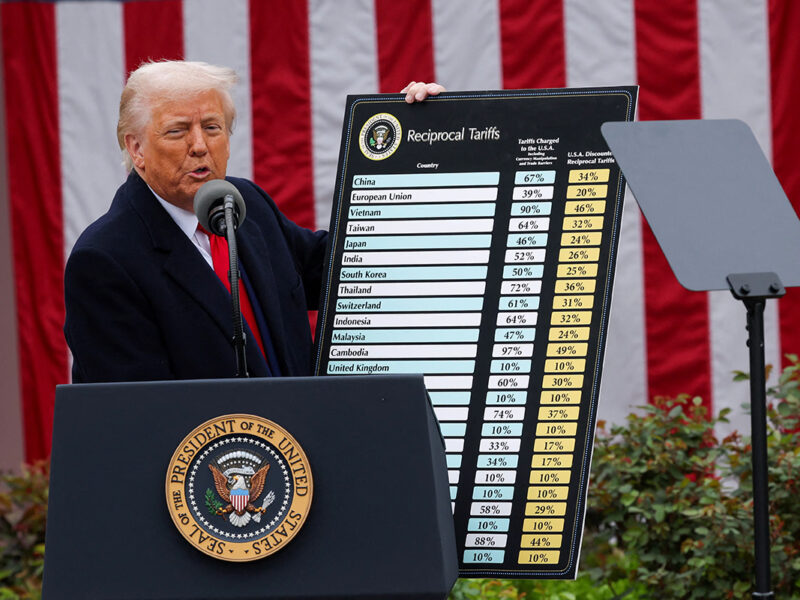Saudi Arabia’s Aramco is building on its ties with China, with plans to supply crude to a refinery in the southwest of the country, where Beijing is building an oil and gas pipeline that slices through Myanmar.
Aramco Overseas Company, a subsidiary of Saudi Aramco, said it had signed a memorandum of understanding with PetroChina Company, a subsidiary of China’s state-owned oil giant CNPC, this week.
The deal involves the “planned development” of a 10 million metric tonnes per annum “grassroots full conversion refinery” in Yunnan, the Chinese province that borders on Myanmar.
“Saudi Aramco will supply the project company with up to 200,000 barrels per day of Arabian crude via a long-term contract,” according to an Aramco press release.
The announcement did not say how the oil would be delivered to land-locked Yunnan. But it appears likely the oil could ultimately come through Myanmar, formerly called Burma.
“The deal is not concluded yet. It’s an MOU, so we are going to pursue feasibility and study the project, and we hope we will come to the right commercial terms, and the right deal that will make it profitable,” Khalid Al Falih, the President and CEO of Aramco, told Reuters on Sunday at a forum in Beijing.
CNPC is building the China-Myanmar oil and gas pipelines, intended to bring energy supplies overland from the Middle East, via a crude oil port in Myanmar, which CNPC is also building.
This pipeline will make the Saudi crude very competitive because it would slash the journey time through the congested Malacca Strait that links Asia with the Middle East.
The deal also underscores China’s efforts to secure oil and gas supplies from the Middle East, even as uprisings across the region and fighting in Libya cast uncertainty over pricing and security of supply.
China, the world’s No 2 oil user, is passing the United States as Riyadh’s largest crude oil buyer with volumes poised to touch an average of 1 million barrels per day this year, or roughly one-fifth of China’s total crude imports.
“China is growing into a 12 million barrel market, and geographically we are the supplier of choice,” Falih said.
“We are the most reliable, we have the largest reserves, the largest spare capacity, so I think 20 percent of the market will not be unthinkable, and certainly somewhere along those lines would be something that we’re working towards,” he added.
The deepening of China-Saudi ties comes as Saudi Arabia’s military intervention in Bahrain has exposed diplomatic rifts between Riyadh and Washington.
Chinese President Hu Jintao on Friday met with a special envoy for the Saudi King Abdullah to discuss the situation in the Gulf and the wider Middle East, a region China has limited influence in, despite being a big oil buyer.
Aramco, the world’s top crude oil exporter, said this week it had signed an MOU with Sinopec Group to jointly build a $10bn Yanbu refinery on the Saudi Red Sea coast.
The proposed Yunnan refinery will produce ultra low-sulphur gasoline, diesel and other refined products.
Aramco has already partnered with Sinopec, another Chinese oil giant, at a joint venture Fujian plant in southeast China.
As the kingdom locks in future oil demand through refinery joint ventures in China, China has in turn secured big contracts in Saudi Arabia. A Chinese firm has built a light rail system to ferry pilgrims from Mecca to holy sites.
Yet despite China’s growing energy and trade ties with Saudi Arabia and other Middle Eastern states, Beijing lacks the will and means to take on a strong political and security role in the region, analysts say.








